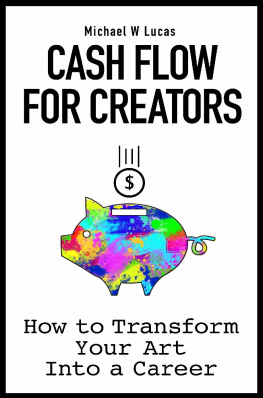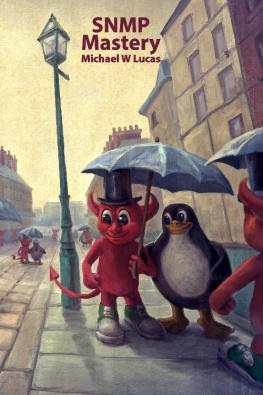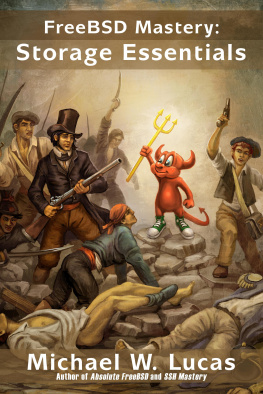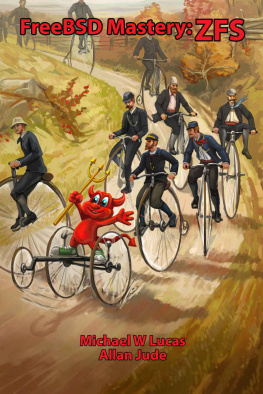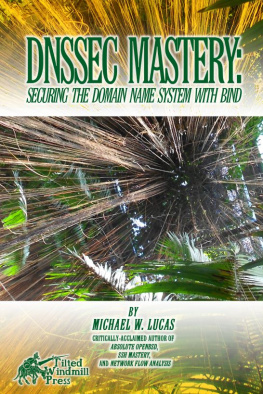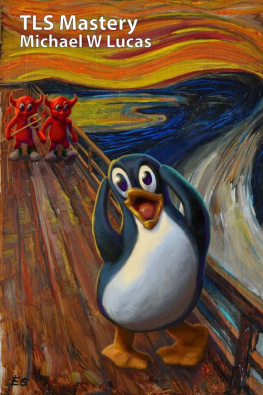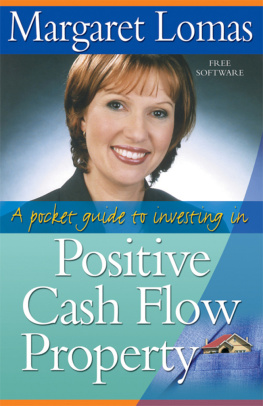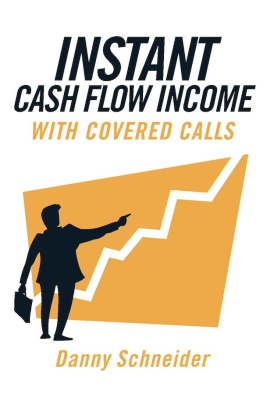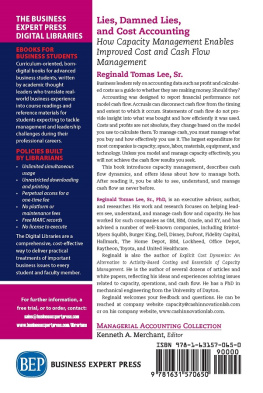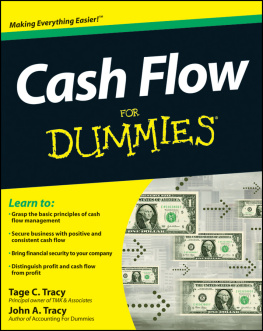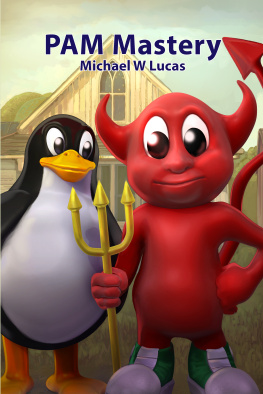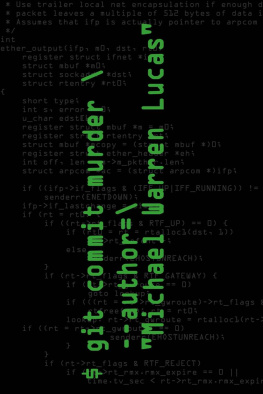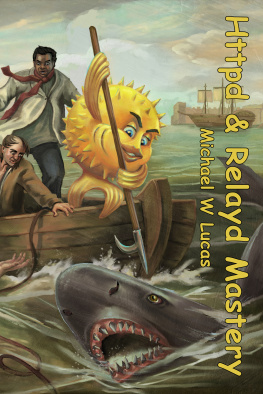Michael W Lucas - Cash Flow for Creators: How to Transform Your Art into a Career
Here you can read online Michael W Lucas - Cash Flow for Creators: How to Transform Your Art into a Career full text of the book (entire story) in english for free. Download pdf and epub, get meaning, cover and reviews about this ebook. year: 2020, publisher: Tilted Windmill Press, genre: Business. Description of the work, (preface) as well as reviews are available. Best literature library LitArk.com created for fans of good reading and offers a wide selection of genres:
Romance novel
Science fiction
Adventure
Detective
Science
History
Home and family
Prose
Art
Politics
Computer
Non-fiction
Religion
Business
Children
Humor
Choose a favorite category and find really read worthwhile books. Enjoy immersion in the world of imagination, feel the emotions of the characters or learn something new for yourself, make an fascinating discovery.
- Book:Cash Flow for Creators: How to Transform Your Art into a Career
- Author:
- Publisher:Tilted Windmill Press
- Genre:
- Year:2020
- Rating:5 / 5
- Favourites:Add to favourites
- Your mark:
- 100
- 1
- 2
- 3
- 4
- 5
Cash Flow for Creators: How to Transform Your Art into a Career: summary, description and annotation
We offer to read an annotation, description, summary or preface (depends on what the author of the book "Cash Flow for Creators: How to Transform Your Art into a Career" wrote himself). If you haven't found the necessary information about the book — write in the comments, we will try to find it.
Michael W Lucas: author's other books
Who wrote Cash Flow for Creators: How to Transform Your Art into a Career? Find out the surname, the name of the author of the book and a list of all author's works by series.
Cash Flow for Creators: How to Transform Your Art into a Career — read online for free the complete book (whole text) full work
Below is the text of the book, divided by pages. System saving the place of the last page read, allows you to conveniently read the book "Cash Flow for Creators: How to Transform Your Art into a Career" online for free, without having to search again every time where you left off. Put a bookmark, and you can go to the page where you finished reading at any time.
Font size:
Interval:
Bookmark:
Cash Flow for Creators
How to Transform Your Art Into a Career
Michael W Lucas
Cash Flow for Creators
Copyright 2020 by Michael W Lucas (https://mwl.io).
All rights reserved.
Author: Michael W Lucas
Copyediting: Amanda Robinson
Cover design: Beth Shanks-Flumigan
ISBN (paperback): 978-1-64235-041-8
ISBN (hardcover): 978-1-64235-042-5
All rights reserved. No part of this work may be reproduced or transmitted in any form or by any means, electronic or mechanical, including but not limited to photocopying, recording, or by any information storage or retrieval system currently existing or yet to be invented, without the prior written permission of the copyright holder and the publisher. For information on book distribution, translations, or other rights, please contact Tilted Windmill Press (accounts@tiltedwindmillpress.com).
The information in this book is provided on an As Is basis, without warranty. While every precaution has been taken in the preparation of this work, neither the author nor Tilted Windmill Press shall have any liability to any person or entity with respect to any loss or damage caused or alleged to be caused directly or indirectly by the information contained in it.
Tilted Windmill Press
https://www.tiltedwindmillpress.com
I wrote this book by popular demand, and in self-defense. People kept asking me questions. I want to be helpful, especially to fellow creators. Eventually it was easier to write this book than to explain the topic one more time.
Im grateful to those folks who read this book before publication and offered useful suggestions for improvement: Misty Bromley, Jamie Ferguson, Barb Giorgi, Bonnie Koenig, Linda Jordan-Eichner, Stefon Mears, Rachel Robinson, Johanna Rothman, Rebecca M. Senese, Mia Tokatlian, Stephannie Tallent, Tami Veldura, and Christina York.
I also vastly appreciate the encouragement and support from everyone in Chicken Club, an authors business and psychiatric support group with a treatable but uncurable fried chicken problem: ZZ Clayborne, Rob Cornell, Brigid Collins, and Alex Kourvo. Despite my last name beginning with something other than that elite bleeding-edge hard C sound, they tolerate my presence.
I have an extra bucket of gratitude for Alex, who for several years has reviewed writing how-to books on her Writing Slices blog. She turned her encyclopedic knowledge of the how-to genre and her incisive red pen on an early draft of this manuscript, and helped make this book the best it could be.
Oh, and: Ma Lous Chicken in Ypsilanti, Michigan. Get some. Just dont get between the writers and their platters.
As always, this is for Liz.
Youre a creator. You love making a thing. You made the thing, and made more of the thing, and got better at making the thing, until something truly bizarre started happening. The thing became The Thing, and people gave you money for it.
Sometimes a lot of money.
And thatis when everything went horribly wrong.
Some of us dream of a day when we can make a living practicing our craft. We look at those who pay the rent by writing books or painting landscapes or hand-carving fountain pens that would make primordial penmaster Walter Sheaffer jealous, and we hunger for that life. Making a living as a creator means being among the best at what you do, so you plunge into study and practice with near monomaniacal focus.
Learn business? Why would you do that, when you could spend that time learning your art? Besides, youve met business people. Theyre boring compared to artistic sorts! And some of the most successful have dollar-store canned chowder for brains. How hard could it be?
Then money appears. And you discover that business is an entirely separate craft. Business is a tabletop role-playing game run by a lackadaisical Dungeon Master who occasionally downs too much caffeine and goes for Total Party Kill. Accepting money for your art shackles you to that game.
Some people realize this, get scared, and stop accepting money. Others dont worry about it until the government tax agents knock on the door and ask if theyll come quietly or would prefer to be dragged. A tragic few of the most skilled artists become so traumatized by business that they flat-out stop practicing their craft.
Some of us deal with the business head-on, and turn the art that brings us joy into our full-time job.
People congratulated me when I started paying the mortgage by writing books. Many folks asked if this was a real thing (yes, it is) and if writers could make money doing it (yes, you can). The question I got most often from my fellow creative sorts, though, surprised me.
How do you do make a living as an artist?
Yes, beginners asked. But so did people who were making money at their craft. People who had signed six-figure book contracts or routinely sold paintings for thousands of dollars. They had the skill. They had the market. They had absolutely no idea how to manage what theyd discovered, or how to take that next step.
Making a living with your craft is a long game. Start playing early.
Who is this slick jerk offering to expose the dark secrets of business as a creative for the price of a cheap book? Im a person with a long and storied history of failure, thats who.
Most businesses fail. The exact numbers vary depending on who you get your statistics from and what theyre trying to sell you. Different groups claim that anywhere from twenty to ninety percent of new businesses fail in their first year. Even the optimistic folks that declare eighty percent of all businesses survive their first year admit that seventy percent fail by year ten.
I am no exception. I worked for a bunch of dot-com companies, got tangentially involved with the business side out of self-defense, and watched them fail. I live in Detroit, world capital of Failed Industry Titans and home to thousands of triumphant small businesses. Watching businesses fail is like reading a magazines slush pile or judging a student art fair. You learn huge amounts about what not to do.
Further, Ive run my own failed companies. I failed in publishing in the nineties and consulting in the naughties. Each failure taught me about my strengths and weaknesses. I am a good enough writer that I dont need to do anything but write books. I am a cruel joke of a salesperson. I am imagination-oriented. I am terrible at phone calls. In other words, Im a tediously stereotypical creative. Any business I run must be oriented to my strengths and must avoid my weaknesses.
Ive filed tax returns, dealt with accountants. But most importantly, Ive found ways to think about business and money that suit my artistic temperament. My writing business has lasted since the last millennium, and has paid my bills for several years.
Today, I make my living writing books. By make a living, I mean I pay the mortgage and an assortment of utilities for my family. By writing books, I mean I choose topics that I find interesting and that I think might interest other people, write them, and offer them to the general public.
I dont write for private organizations. I dont consult. I dont podcast, even though my big bald head totally gives me the look of a cheerful supervillain and the thought of Lex Lucas Against The World intrigues me. I dont even charge a speaking fee. Should my dulcet rants suddenly be in demand at conferences I might start charging, but only to reduce how frequently I have to find pants and leave the house. I do have affiliate links on my web site; if you follow the links on my site to buy one of my books on Amazon or Kobo or Apple, I get a couple pennies extra. That last covers my gelato bill.
Next pageFont size:
Interval:
Bookmark:
Similar books «Cash Flow for Creators: How to Transform Your Art into a Career»
Look at similar books to Cash Flow for Creators: How to Transform Your Art into a Career. We have selected literature similar in name and meaning in the hope of providing readers with more options to find new, interesting, not yet read works.
Discussion, reviews of the book Cash Flow for Creators: How to Transform Your Art into a Career and just readers' own opinions. Leave your comments, write what you think about the work, its meaning or the main characters. Specify what exactly you liked and what you didn't like, and why you think so.

